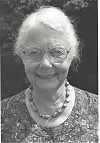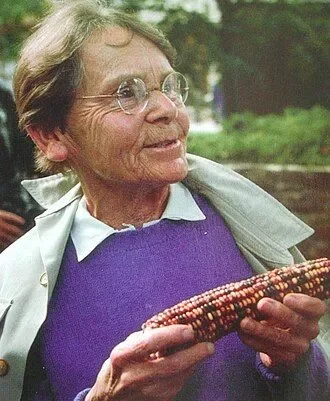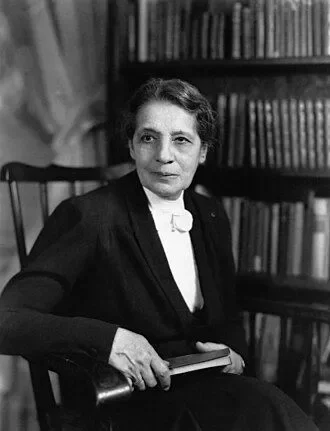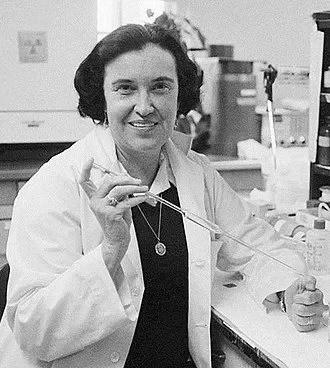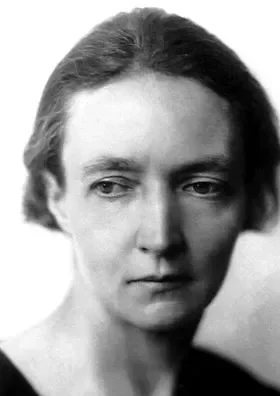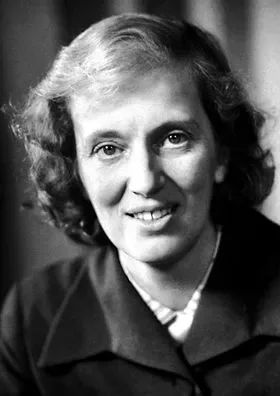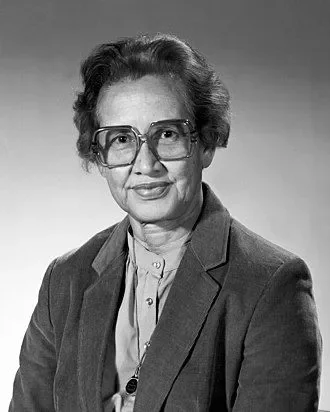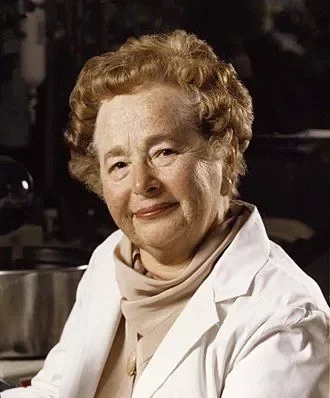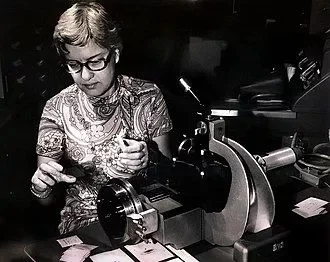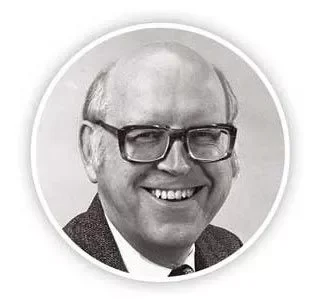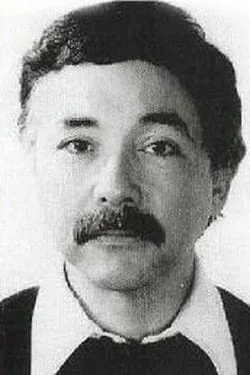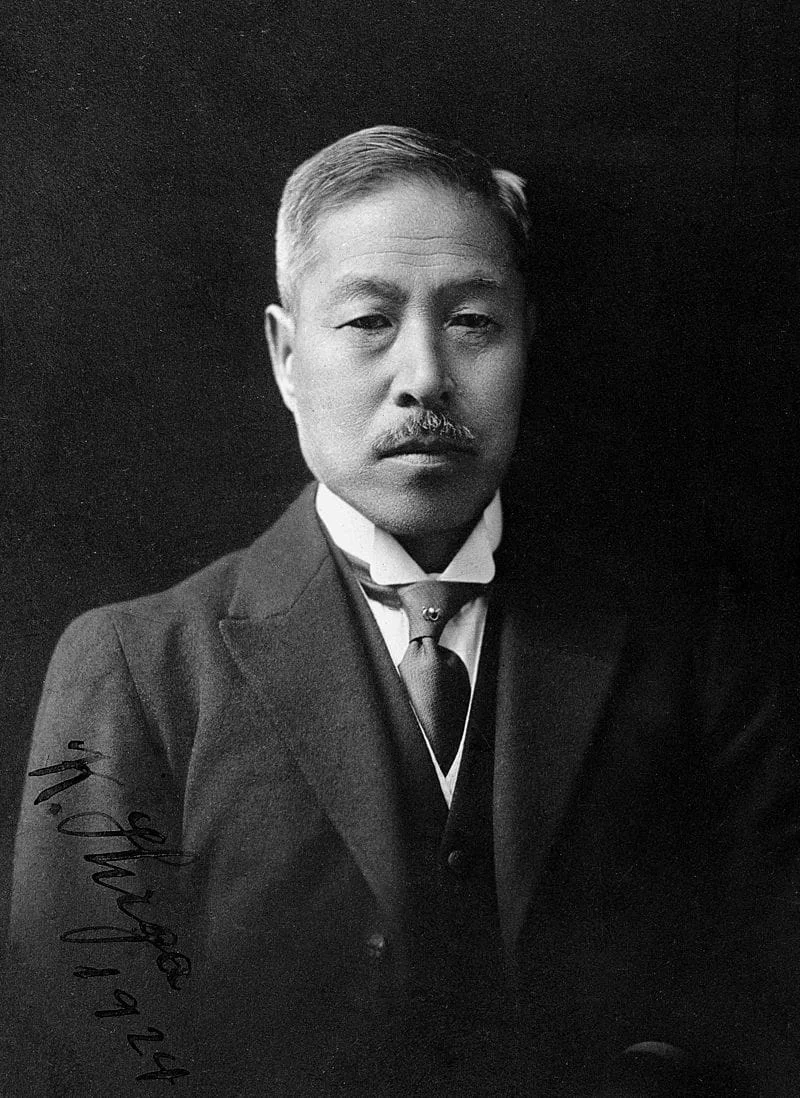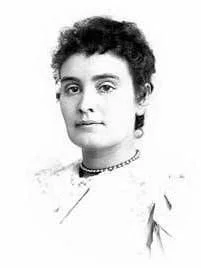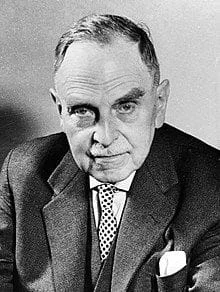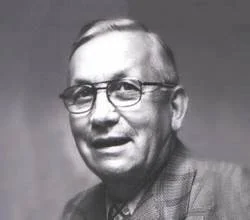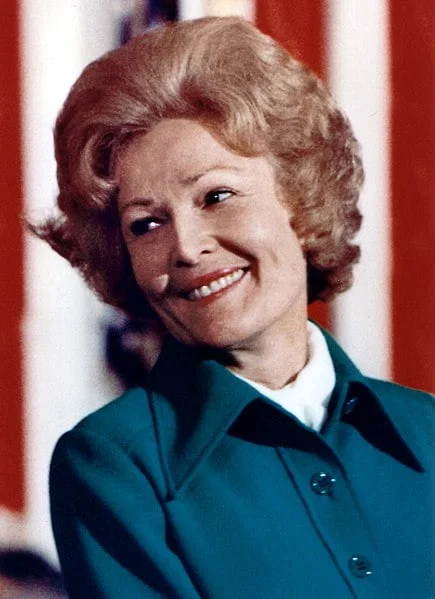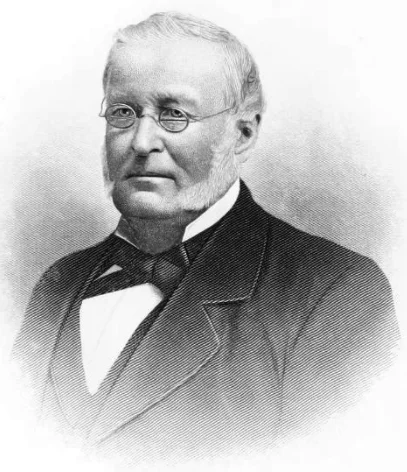Real Celebrities Never Die!
OR
Search For Past Celebrities Whose Birthday You Share
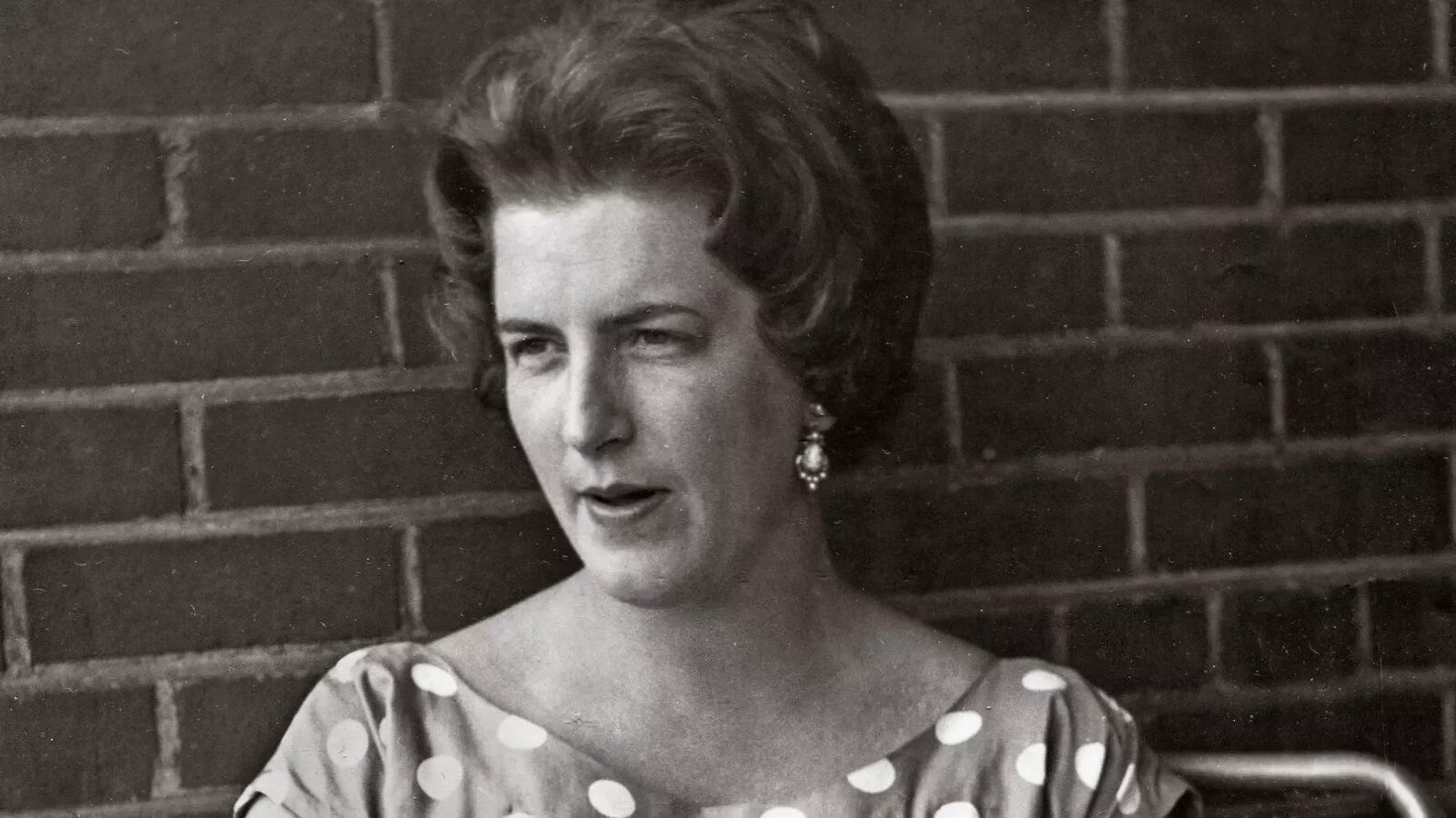
source:nytimes.com
Yvonne Barr
Birthday:
11 Mar, 1932
Date of Death:
13 Feb, 2016
Cause of death:
Renal failure (following years of dialysis)
Nationality:
Irish
Famous As:
Researcher
Age at the time of death:
83
Yvonne Barr's Quote's
Early Life and Education
Yvonne Margaret Barr (b. March 11, 1932, Carlow, Ireland) was an Irish virologist whose research resulted in a major 20th-century scientific breakthrough. Her life shows dedication, brilliance, and a pursuit of knowledge.
Yvonne’s academic potential was evident during her childhood years in Ireland. She attended Banbridge Academy Secondary School, where she excelled academically and became Head Prefect. Her love of science brought her to Trinity College, Dublin, graduating with zoology honors in 1953.
Professional Career
After graduation, Barr worked in a number of veterinary and medical research labs in the UK and Canada. Her skills in cell culturing, a key aspect of cell propagation, will be invaluable to her future work.
Barr’s career changed significantly in 1963 upon joining Dr. Epstein’s research team at the Bland-Sutton Institute in London. Here, she played a crucial role in the discovery that would define her legacy.
Working alongside Epstein and Bert Achong, Barr’s laboratory skills were helped in cultivating cells from Burkitt’s lymphoma samples. Her dedicated work allowed the team to develop a large enough cluster of cells for examination under an electron microscope.
On a snowy day in February 1964, the team made their important discovery. They identified particles of a new herpes virus in the lymphoma cells, later named the Epstein-Barr virus (EBV). This discovery was groundbreaking; it was the first time a virus had been linked to human cancer.
Personal Life and Later Career
In 1965, Yvonne married Stuart F. Balding, an Australian, and moved to Melbourne. Although Barr made significant contributions to virology, she struggled to find a research position in Australia. Despite setbacks, she changed careers and earned a Diploma of Education.
Over the next two decades, Barr’s career focused on teaching biology, physics, chemistry, and math at different private high schools. Her daughter, Kirsten, recalls that her mother rarely spoke about her earlier career as a virologist.
Legacy and Impact
The Epstein-Barr virus’s discovery has had a wide-ranging effect on medical research. Worldwide, approximately 95% of adults are infected with EBV, a virus linked to illnesses like mononucleosis, multiple sclerosis, and various cancers.
Yvonne Barr played a crucial role in this discovery, but her story went largely unnoticed for years. Her work highlights the frequently ignored contributions of women to major scientific discoveries.
Final Years and Recognition
Yvonne Barr Balding passed away on February 13, 2016, in Melbourne, Australia, at the age of 83. Though her later years were quiet, her family kept her legacy alive. Her tombstone reads: “Dr. Yvonne Margaret Balding, born Barr. Co-discoverer of the Epstein-Barr Virus.”
Today, Yvonne Barr is recognized as a pioneer in virology. Her work continues to impact medical research and our understanding of human health. The story of her scientific journey inspires aspiring scientists, especially women in STEM, demonstrating the powerful effect of dedication to scientific discovery.
Name:
Yvonne Barr
Popular Name:
Yvonne Barr
Gender:
Female
Cause of Death:
Renal failure (following years of dialysis)
Spouse:
Place of Birth:
Carlow, County Carlow, Ireland
Place of Death:
Melbourne, Victoria, Australia
Occupation / Profession:
Personality Type
Logistician: Practical and fact-minded individuals, whose reliability cannot be doubted. Barr’s precision in lab work, quiet dedication, and shift to a structured teaching career suggest a methodical, dependable personality focused on practical contributions over recognition.
Her cell culture skills turned a foggy tumor sample from Uganda into a breakthrough.
Her daughter noted she rarely spoke of her virology past.
Moved to Australia after her Ph.D. and taught science for 20 years.
Sent a video greeting to the EBV 50th anniversary conference in 2014.
Co-discovered the Epstein-Barr virus in 1964.
Contributed to the first identification of a cancer-causing virus
Graduated with a Ph.D. from the University of London in 1966.
Recognized posthumously by the EBV 50th anniversary conference in 2014.

